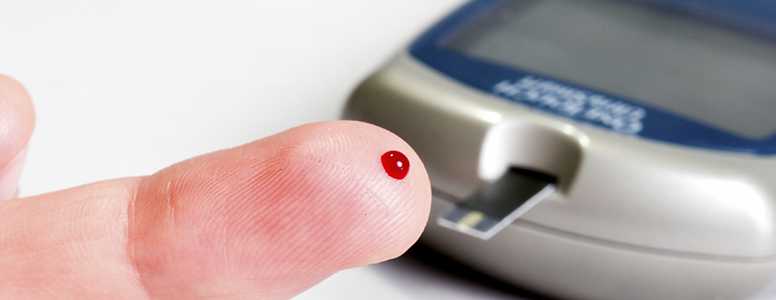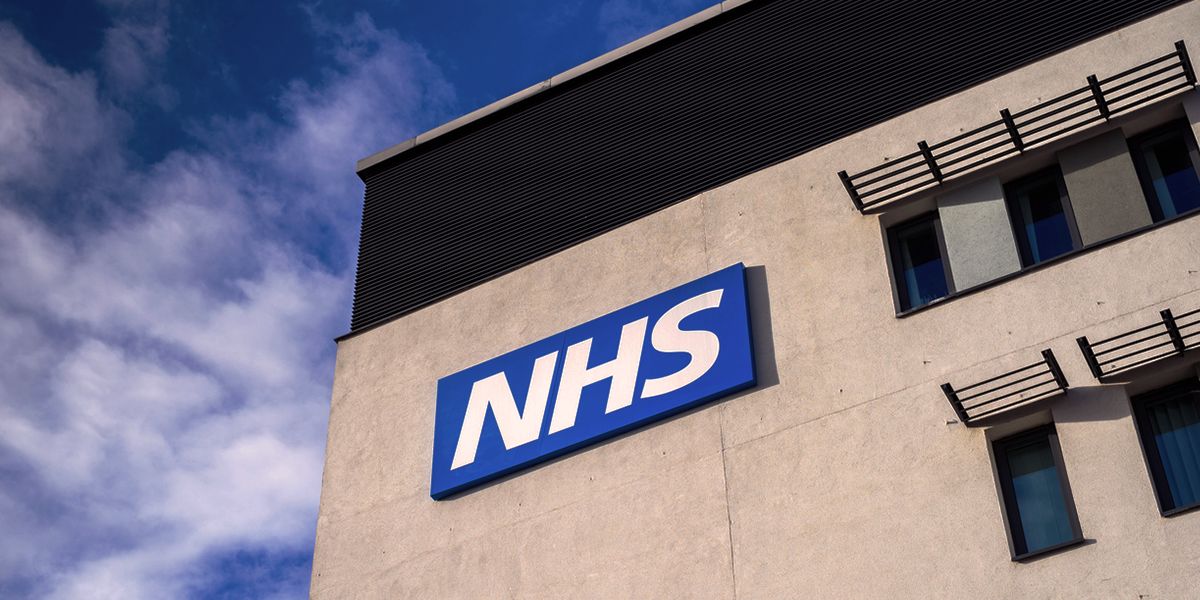Eating more protein at breakfast could help reduce spikes in blood glucose levels for people with type 2 diabetes, according to new research.
The study, conducted at the University of Missouri, monitored the glucose, insulin, and hormone levels of people with type 2 diabetes following breakfast and lunch. The participants were divided into two groups: the first ate a high-protein breakfast, and the second ate a high-carbohydrate breakfast. Lunch was balanced in terms of protein and carbohydrates.
The group that ate a high-protein breakfast had lower blood glucose levels after their meals, as well as slightly higher insulin levels – which suggests that their bodies were properly regulating their blood glucose levels.
The researchers recommended that people with type 2 diabetes eat more protein at breakfast, but extreme amounts are not needed to benefit; 25 to 30 grams of protein at breakfast is enough to reduce the risk of blood glucose spikes later in the day.
“People often assume that their glucose response at one meal will be identical to their responses at other meals, but that really isn’t the case,” said Jill Kanaley, professor and associate chair in the University of Missouri Department of Nutrition and Exercise Physiology.
“For instance, we know that what you eat and when you eat make a difference, and that if people skip breakfast, their glucose response at lunch will be huge. In our study, we found those who ate breakfast experienced appropriate glucose responses after lunch.
“The first meal of the day is critical in maintaining glycemic control at later meals, so it really primes people for the rest of the day.
“However, it is important for type 2 diabetes to understand that different foods will affect them differently, and to really understand how they respond to meals, they need to consistently track their glucose. Trigger foods may change depending on how much physical activity people have gotten that day or how long they have waited between meals.”
Self-monitoring of blood glucose is important for people with type 2 diabetes. Without testing, it is difficult to know how particular foods affect blood glucose levels, which in turn makes it more difficult to plan an effective diet. Despite this, test strips are not prescribed to people with type 2 diabetes on the NHS.
The Type 2 Testing Program is designed to address this problem. Users receive a free blood glucose meter when they sign up and a supply of test strips every month. Constant support is available for the Program’s users.
What's new on the forum? ⭐️
Get our free newsletters
Stay up to date with the latest news, research and breakthroughs.






